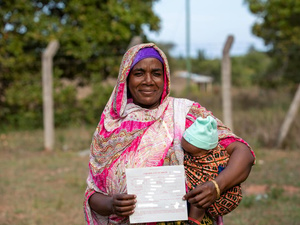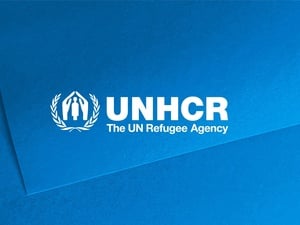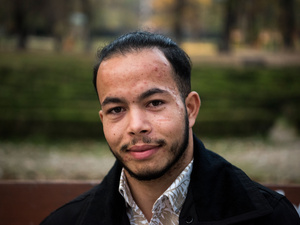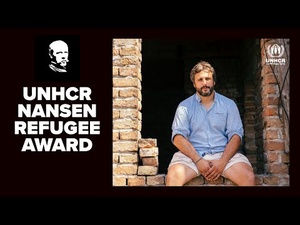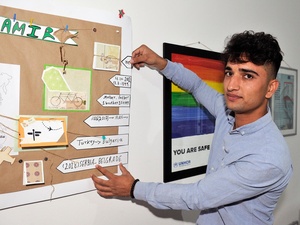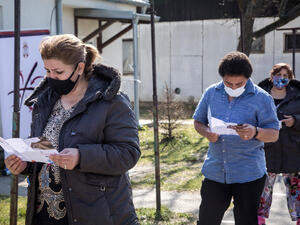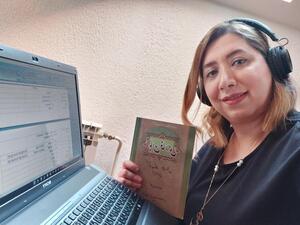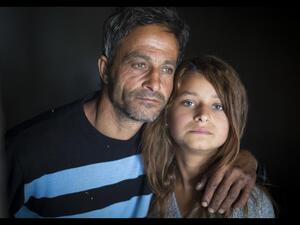Kosovo Crisis Update
Kosovo Crisis Update
Albania
Only four people - all men - crossed the border at Morini Wednesday. Three of the men were from Prizren and one from Djakovica. They had been rounded up by police as alleged sympathizers of the Kosovo Liberation Army and held in prison for three days.
One man claimed he had been beaten. They were driven to the border late Wednesday and reported many soldiers in the region but no sign of other refugees. They said there had been constant NATO bombing in the Prizren area in the last days.
A total of 1,541 people left the Kukes area Wednesday for points south under a continuing programme to move people out for security reasons.
Local authorities had threatened to cut off water supplies to refugee camps on Thursday because they feared the supply to Kukes town was becoming endangered. Talks are continuing and thus far the water supply has not been cut.
FYR of Macedonia
About 1,600 refugees arrived in the FYR of Macedonia on Wednesday. Almost all of them came on a train carrying refugees from Pristina, Urosevac, Lipljan, Srbica and Podujevo. The figure also includes a bus which transported 90 from Dobresh. They said they came to track down relatives who were expelled earlier because they allegedly were not Yugoslav citizens, but Albanians.
The refugees said that in the big cities like Pristina, young men and women do not dare walk in the streets for fear that they will be arrested. Only old people venture out to try and find food. The situation was described as very tense in the Podujevo region north of Pristina, where explosions were reported.
U.N. Secretary-General Kofi Annan on Wednesday visited the FYR of Macedonia. He met with government leaders as well as representaives of UN agencies and international organizations. He also visited Stenkovec I camp and the Blace border crossing. He expressed understanding of the difficulties the government was experiencing because of the presence of refugees and welcomed assurances that it will keep its border open.
Today, a group of 20 refugee leaders at Stenkovec and Cegrane camps, together with local media, was taken by bus to Korca in Albania on a "go-and-see" visit to camp facilities there. The visit is part of a programme to influence refugees who might volunteer to transfer to Albania from the camps in the FYR of Macedonia.
Meanwhile, UNHCR has begun meeting with representatives of NGOs which used to operate in the health sector in Kosovo. This is part of the overall contingency planning for the return of refugees to Kosovo. Most of these NGOs plan to return to Kosovo as soon as possible and have begun individual organizational preparations.
At Neprosteno camp, a serious problem concerning the drinking water supply was reported. Test results indicated a high nitrate content in the well supplying water to the camp. Water now has to be supplied by tankers. Other wells are being tested and, depending on results, the piped water supply will be restored by next week.
The German aid agency THW turned over to the Macedonian government on Wednesday water and sanitation trucks. These trucks will be operated by the Ministry of Urban Planning and Construction with funding from UNHCR.
Republic of Montenegro
Around 120 refugees arrived in Montenegro on Wednesday.
UNHCR, meanwhile, began on Wednesday to move displaced people from Rozaje to Ulcinj. Two buses transported 90 people selected from families staying at a factory which accommodates 400 persons.
Worries about the large Yugoslav military presence in Rozaje have prompted UNHCR to step up efforts to transfer the displaced to Ulcinj.
UNHCR also is improving facilities at Ulcinj to receive the people from Rozaje. From Podgorica, UNHCR sent to Ulcinj 1,000 mattresses, 20 cooking stoves, 100 cooking pits and tents.
UNHCR-IOM Humanitarian Evacuation Programme
A total of 1,874 refugees in the FYR of Macedonia left on Wednesday for third countries under the Humanitarian Evacuation Programme. They went to Austria, Canada, France, Germany, Norway, Spain, Sweden, the United Kingdom and the United States.
So far, 54,500 have departed under the programme in which UNHCR has received offers for 135,000 places in 39 countries.


